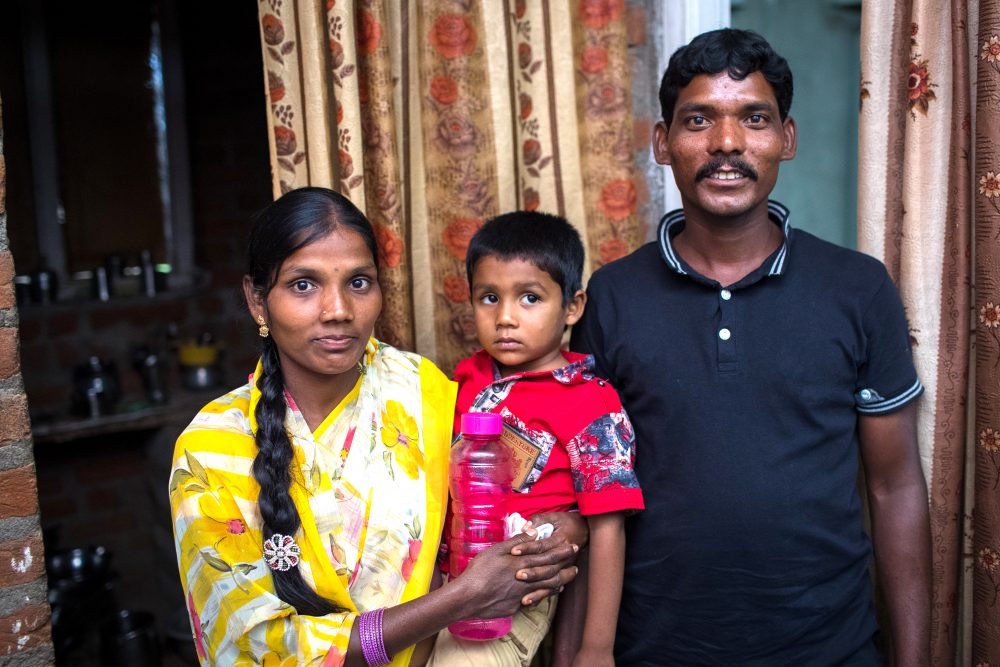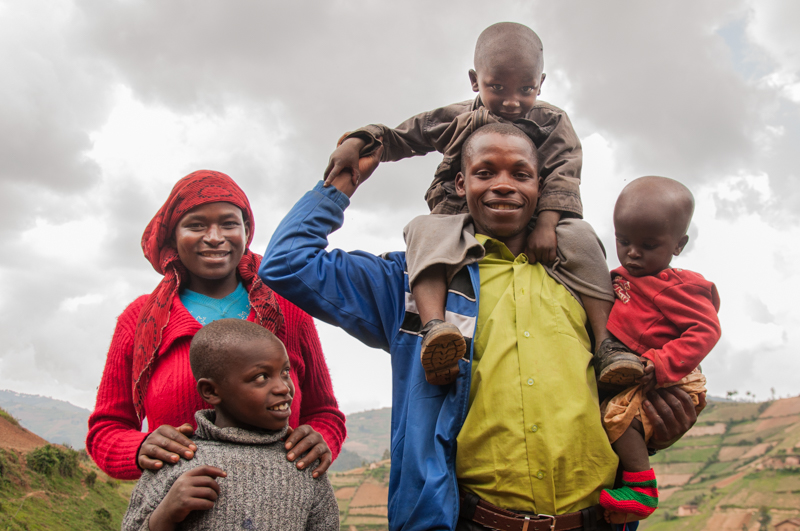Living in a remote community on the outskirts of Comas, Peru, Margarita Moreno collects and sells discarded bottles and recyclables. This summer, Peru experienced a surge in COVID-19 deaths, leading the country to enter a time of severe lockdown. While this time could have left Margarita feeling more isolated than ever, her connection in community has instead grown stronger. Continue Reading…
Archives For savings
HOPE Intl
HOPE Intl
Stories we loveHOPE Intl
HOPE Intl
Stories we loveHOPE Intl
HOPE Intl
Staff / Travels Stories we loveHOPE Intl
HOPE Intl
Stories we loveHOPE Intl
HOPE Intl
Staff / Travelsby Lauren Sheard, HOPE Burundi Program Manager
Last month, a new report hit the proverbial newsstands, ranking the countries of the world in order of happiness. My native United States ranked 13th, but my new adoptive home of Burundi came in dead last. Or, for the glass-half-full people, first in sadness.
How could Burundi be the saddest country in the world? Even lower than war-torn Syria? I have only lived here a couple of years, but my image of Burundi is not one particularly marked by downcast faces or depression. Continue Reading…
Peter Greer
Peter Greer
News Spiritual IntegrationReposted from www.peterkgreer.com
This week is the 75th birthday of Muhammad Yunus, the inspiring leader who asked a question which struck at the root of a paternalistic approach to poverty alleviation: Why do for people what they’re capable of doing for themselves?
This question served as the basis of Yunus’ groundbreaking work in the 1970s as he founded the Grameen Bank; pioneered the modern microfinance movement; and garnered some impressive recognition, including the Presidential Medal of Freedom and a Nobel Peace Prize.
Hundreds of thousands (myself included) have been inspired by the model of microfinance and signed up to help unleash women’s and men’s creativity around the world.
But recently there have been articles and thoughtful research projects critiquing this tool. Does this recent criticism undermine the microfinance movement? Does it unravel all that Yunus envisioned and that many of us have worked to implement?





















